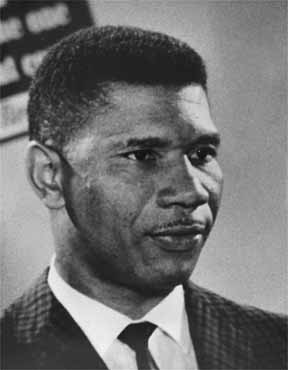(25 December 1642 – 31 March 1727)
English physicist, mathematician, astronomer, alchemist, and philosopher
One of the most influential scientists in history
Most importantly, Newton wrote the Philosophiae Naturalis Principia Mathematica wherein he described universal gravitation and the three laws of motion, laying the groundwork for classical mechanics. By deriving Kepler's laws of planetary motion from this system, he was the first to show that the motion of bodies on Earth and of celestial bodies are governed by the same set of natural laws. The unifying and deterministic power of his laws was integral to the scientific revolution and the advancement of heliocentrism.
Among other scientific discoveries, Newton realised that the spectrum of colours observed when white light passes through a prism is inherent in the white light and not added by the prism (as Roger Bacon had claimed in the 13th century), and notably argued that light is composed of particles. He also developed a law of cooling.
Newton, often regarded as an "unrivalled mathematical genius", shares credit with Gottfried Leibniz for the development of integral and differential calculus, which he used to formulate his physical laws. He also made contributions to other areas of mathematics, for example proving the binomial theorem. The mathematician Joseph Louis Lagrange (1736–1813), said that "Newton was the greatest genius that ever existed and the most fortunate, for we cannot find more than once a system of the world to establish.
from Wikipedia




